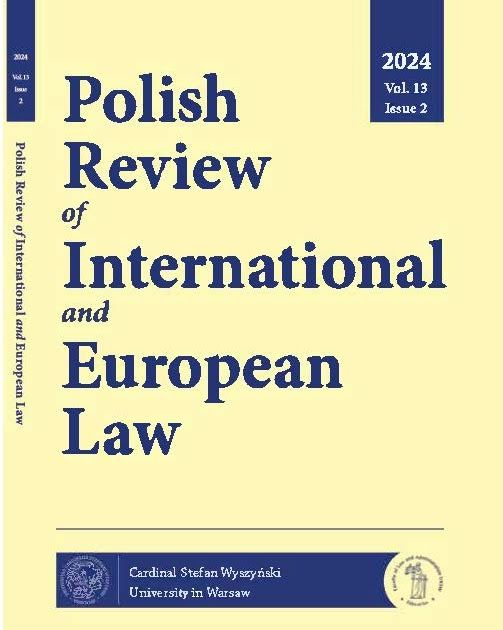New Issue: International Review of the Red Cross
The latest issue of the International Review of the Red Cross (Vol. 107, no. 929, 2025) is out. The theme is: "Protection of the Dead." Contents include:
*
Interview with Florence Anselmo and Pierre Guyomarc’h
*
Mitigating the risk of military personnel becoming unaccounted for on the battlefield: An interview with Stephen Fonseca and Vaughn Rossouw on the ICRC’s Military Personnel Identification Project
*
Interview with Michael Pollanen
*
Alizéa-Maïwenn Ciftcisoy, Protecting the dead against sexual violence from the perspectives of international criminal law and international humanitarian law
*
Gabriella Citroni, Practical, legal and psychological issues related to the protection of the dead in cases of enforced disappearance
*
Tatjana Grote, Data and the dead: How does IHL regulate data related to the identification of deceased persons?
*
Mischa Gureghian Hall, The war crime of outrages against the personal dignity of the dead: Legal basis, evolution, and elements
*
Thomas D. Holland, “Grant him quickly to my longing eyes”: The evolution of the US common law of sepulchre and its potential utility in interpreting the protection of the dead under IHL
*
Juana María Ibáñez Rivas, The dead and missing in armed conflict: Protections set out in the judgments of the European and Inter-American Courts of Human Rights
*
Melanie Klinkner, Ellen Donovan, Diego Nunez, Ian Hanson, Emily Fisher, David Biggins, & Ellie Smith, Mass grave mapping and the protection of the dead
*
Janet E. Lord & Christopher J. Hart, Disabled dead bodies: Marking the intersections of international humanitarian law and international human rights law
*
Helen Obregón Gieseken & Ximena Londoño, Dignity in death: International humanitarian law and the protection of the deceased in war
*
Anjli Parrin, Morris Tidball-Binz, Jessica L. Garda, Allison M. Gelman, Katherine C. Kazmin, & Anna Schmitt, The protection of dead persons under international human rights law: Evaluating gaps and developing a principles framework
*
Viola Santini, Visual representation of armed conflict-related deaths and the evolving standards of protecting the dignity of the deceased
*
Pietro Sferrazza Taibi & Mauricio Carrasco Núñez, The search for missing persons: Comparative analysis of the incorporation of international standards into national search plans implemented in Latin American countries
*
Jane Taylor, Pierre Guyomarc’h, Oran Finegan, Luis Fondebrider, Mercedes Salado Puerto, Morris Tidball-Binz, Respecting IHL obligations to the deceased does make a difference: The ICRC-led Falkland Islands/Islas Malvinas identification operation
*
Angelica Widström, A case study on War Poses
*
Clara Palmisano, Anthropology of violent death: Theoretical foundations for forensic humanitarian action By Roberto C. Parra and Douglas H. Ubelaker











